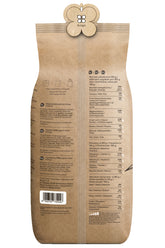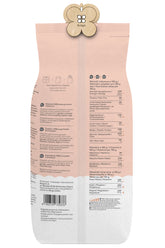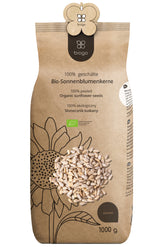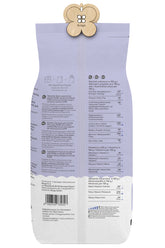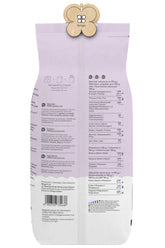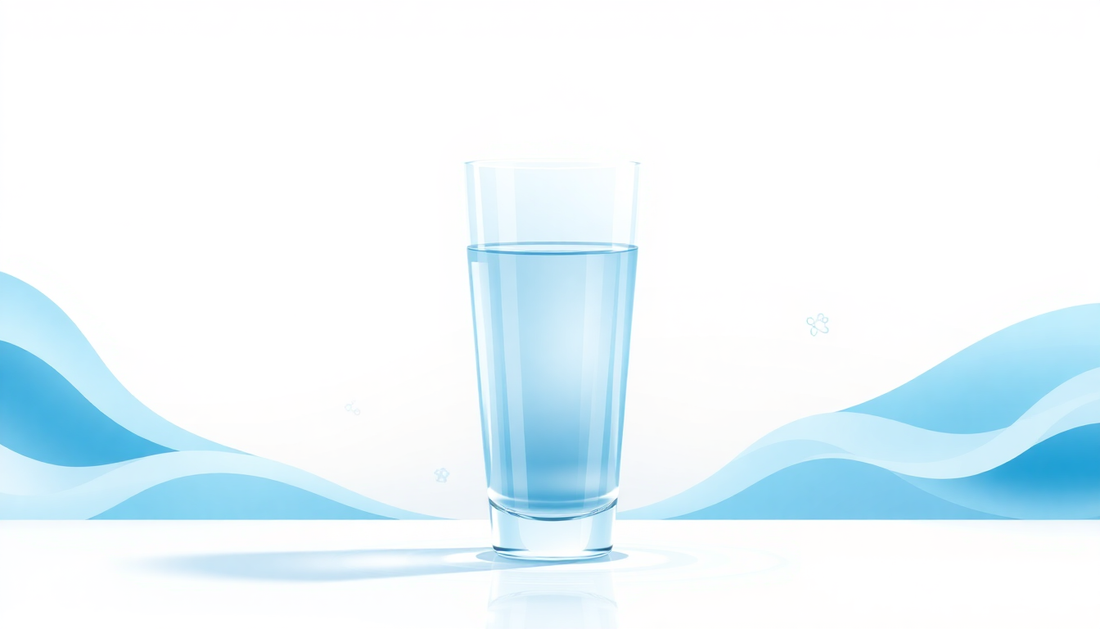Water is a vital element that is often underestimated. It plays a crucial role in our health and well-being. In this blog post, you will learn why water is so important and how you can optimally supply your body with this valuable liquid.
The importance of water for the body
Water makes up about 60% of our body weight and is involved in countless vital processes. It serves as a transport medium for nutrients, hormones, and oxygen, regulates our body temperature, and is essential for metabolism. Additionally, water supports digestion, detoxifies the body, and is responsible for healthy skin, hair, and nails.
If the body is not adequately supplied with fluids, various complaints can occur. Symptoms of dehydration include fatigue, headaches, poor concentration, dry skin and mucous membranes, as well as circulatory problems. In extreme cases, fluid deficiency can even be life-threatening.
How much water does the body need?
Daily fluid requirements vary from person to person and depend on various factors:
- Age, gender, and body weight
- Activity level and ambient temperature
- Health status and medication intake
- Pregnancy or breastfeeding
As a guideline, adults should consume about 1.5 to 2 liters of fluid per day. The amount should be adjusted accordingly during increased physical activity, heat, or illness. Children, seniors, and pregnant women have a slightly higher requirement.
Besides drinking water, other beverages like unsweetened teas, herbal infusions, or smoothies can contribute to fluid intake. However, one should be careful with caffeinated drinks like coffee or black tea, as they can additionally dehydrate the body.
How do you recognize fluid deficiency?
The signs of inadequate water supply are diverse and range from mild discomfort to serious health problems. Typical symptoms of dehydration include:
- Thirst, dry mouth and lips
- Fatigue, difficulty concentrating
- Headaches and dizziness
- Constipation, digestive problems
- Reddened, dry skin
- Dark, concentrated urine
The longer the fluid deficiency lasts, the more serious the consequences can be. Severe dehydration can lead to circulatory problems, kidney or liver damage. In extreme cases, even circulatory collapse can occur.
That's why it's important to pay attention to the first signs and take countermeasures in time. Drink water regularly and observe your body's signals closely.
How can you balance fluid levels?
The best way to optimally supply your body with fluids is to drink water regularly throughout the day. It's best to start with a glass of water in the morning and then drink something every 2-3 hours. This ensures your body always has sufficient moisture available.
Besides water, other drinks like unsweetened teas, herbal infusions, or smoothies can contribute to fluid intake. However, be mindful to enjoy caffeinated drinks like coffee or black tea only in moderation, as they can additionally dehydrate the body.
Diet also plays an important role in hydration. Many fruits and vegetables like cucumbers, tomatoes, melons, or zucchini have high water content and can additionally meet fluid needs.
Regular exercise in fresh air also promotes circulation and detoxification. However, make sure to replenish fluids sufficiently when sweating.
Water for a healthy life
Water is an underestimated but essential component for our health and well-being. It performs vital functions in the body and therefore should not be neglected.
Listen to your body, drink water regularly, and pay attention to a balanced, water-rich diet. This ensures your body is optimally hydrated at all times and you can fully benefit from good hydration.
Let MarktBio.com help you maintain your fluid balance. In our online organic store, you'll find a wide selection of high-quality products that help you live healthily and sustainably.




